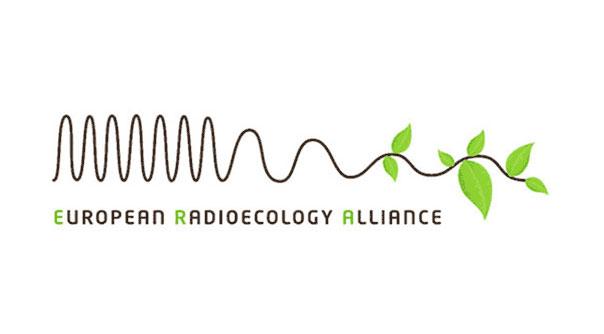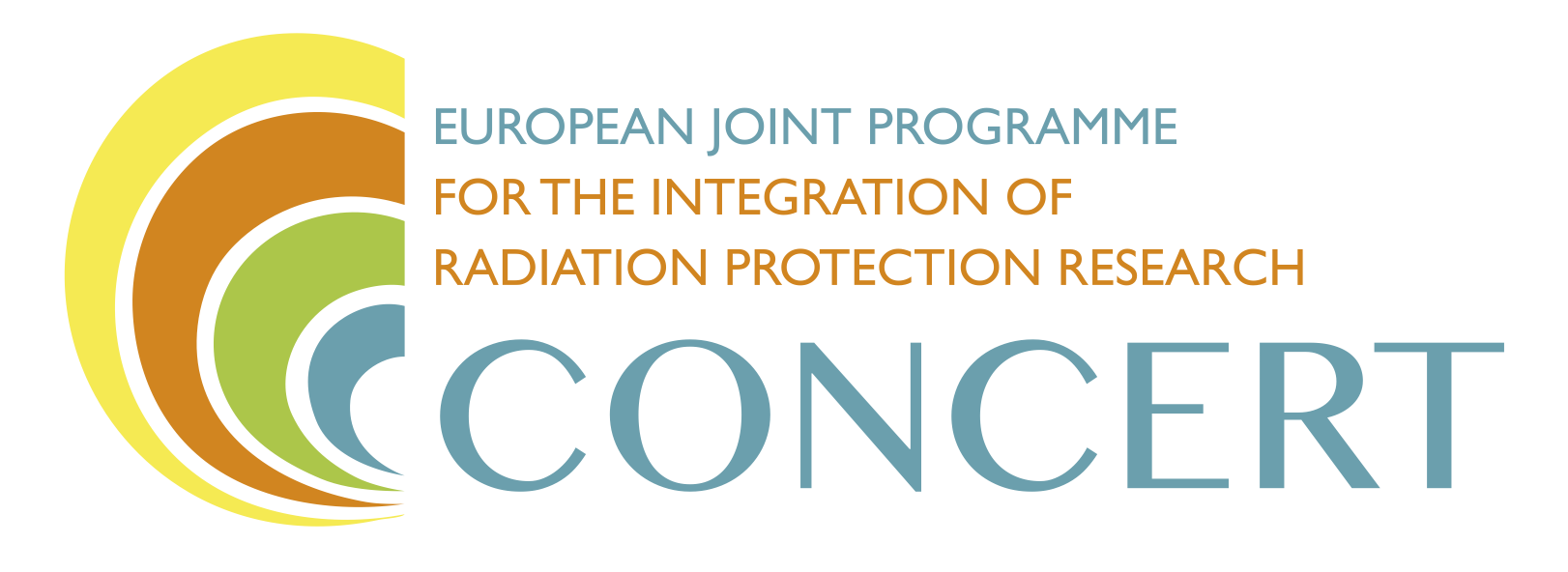ALLIANCE
The European Radioecology

President: Hildegarde Vandenhove, SCK•CEN
Contact: hvandenh [at] sckcen [dot] be
The European Radioecology Alliance was founded in 2009 to coordinate and promote European research on Radioecology. It acts as a Research Platform, defining priorities and research programmes, and integrating resources. It promotes communication with stakeholders. The ALLIANCE, together with the EC-STAR Network of Excellence (2011-2015), has developed a Strategic Research Agenda (SRA), which defines a long term vision on the needs and implementation of research in Radioecology. The SRA aims to be useful for science and society, shared by stakeholders and researchers and realistic from an operational and scientific point of view. The Radioecology SRA is a document open for debate with all relevant actors: Research bodies (universities, research centres), Authorities and other related radiation protection Associations such as MELODI, NERIS, EURADOS and IUR.
The ALLIANCE, in collaboration with the European project COMET, started developing in 2014 a Roadmap to implement the SRA on Radioecology in the short-term (five years). The ALLIANCE signed in 2013, a Memorandum of Understanding with IUR and the major European platforms in the domain of radiation protection (MELODI, NERIS and EURADOS). In addition, the ALLIANCE acts as partner in the European Joint Programme CONCERT for the Integration of Radiation Protection Research, a funding and research programming instrument of the European Commission within the Horizon 2020 Research and Innovation Programme.
All organisations that conduct radioecology research, can apply to become a member of the European Radioecology Alliance by submitting a statement of support for the Association. As an ALLIANCE member your organisation “…will contribute to the European Radioecology Alliance Association by promoting research on radioecology” (from the template statement).
Role in the project
Through its working groups, the ALLIANCE contributes to WP2 (Task 2.2); WP3 (Task 3.1; Task 3.2; Task 3.3); WP6 (Task 6.1; Task 6.2; Task 6.3; Task 6.4); and WP7 (Task 7.4).
